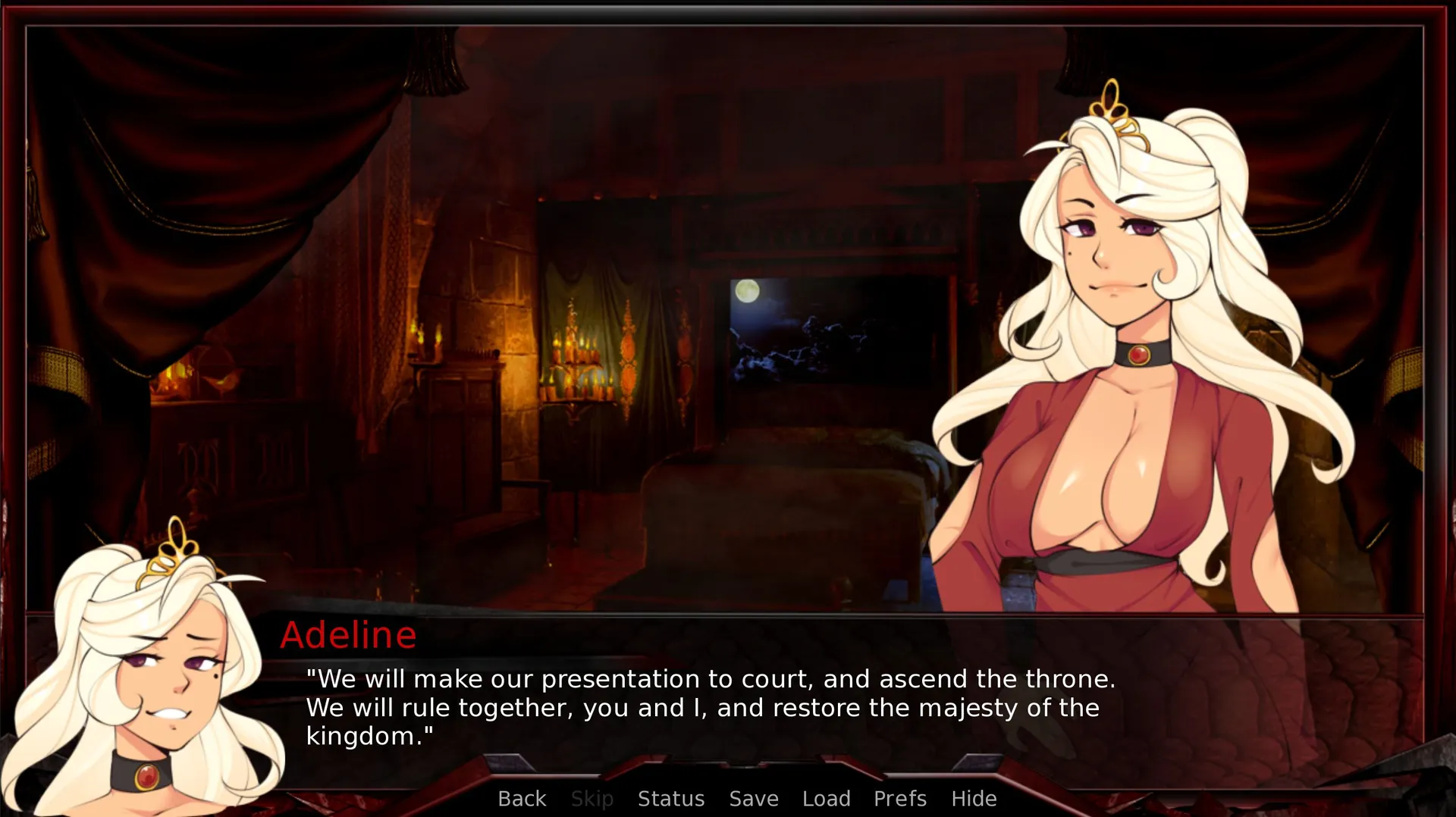
Desert Stalker
Play Desert Stalker
Desert Stalker review
Exploring the gritty narrative and strategic gameplay of this story-driven experience
In the vast landscape of story-driven gaming experiences, Desert Stalker emerges as a distinctive title blending harsh survival elements with complex character dynamics. Set in a meticulously crafted post-cataclysm Egypt, this title challenges players to navigate moral ambiguity while managing relationships in a resource-scarce environment. Our analysis reveals how its branching narratives and strategic decision-making create a memorable experience that transcends conventional genre boundaries.
Core Gameplay Mechanics and Narrative Structure
Choice-Driven Story Progression System
Picture this: you’re staring down a sandstorm-battered settlement, and a wounded stranger begs for your last canteen. Give it to them, and your crew might revolt. Walk away, and you’ll forever burn bridges with a hidden faction. 🏜️ This isn’t just any game—Desert Stalker turns every dialogue choice and action into a ripple that reshapes its branching narrative paths.
The game’s non-linear quest system doesn’t just react to your decisions—it evolves with them. During my first playthrough, I accidentally triggered a tribal war by pocketing a relic I thought was scrap metal. Turns out, that “junk” was a sacred artifact. 🤦♂️ The game’s environmental storytelling techniques subtly hint at consequences (like murals depicting the relic’s importance), but it’s up to you to connect the dots.
Here’s what sets it apart:
– Dialogue isn’t filler—every snarky retort or diplomatic gesture alters faction standing or unlocks hidden quests
– Strategic actions like sabotaging a water pump or sparing an enemy leader have cascading effects
– Multiple endgame scenarios that reflect your moral compass (or lack thereof)
Pro Tip: Save often, but embrace irreversible choices. My most memorable moments came from fixing my own disasters.
Want to ally with nomadic traders? You’ll need to sabotage rival caravans. Prefer playing peacekeeper? Prepare for strategic resource management nightmares as you juggle scarce supplies. The game doesn’t judge your ruthlessness—it rewards it. 🔥
Faction Management and Relationship Dynamics
Let’s talk about the faction allegiance system—where your reputation is currency, and trust is as fragile as a pre-war whiskey bottle. 🥃 During my second run, I learned the hard way that double-crossing the Ironclad Mercenaries gets your hide nailed to their war rigs.
Each faction operates like a living ecosystem:
– Tech Revivalists hoard blueprints but demand blood oaths
– Sand Serpents trade water access for “favors” (read: ethically questionable tasks)
– Nomad Families offer safe routes but abhor violence
| Faction | Key Benefit | Main Requirement |
|---|---|---|
| Ironclad Mercenaries | Heavy weaponry | Monthly tribute raids |
| Dustborn Healers | Medical supplies | Protect their oasis |
| Sunflare Scavengers | Intel on ruins | Share 50% of loot |
The dynamic relationship building here isn’t just about picking sides—it’s about survival calculus. Align too closely with one group, and others will sabotage your supply lines. Stay neutral? Everyone treats you like a ghost. 👻
I once tried playing both the Scavengers and Mercenaries against each other. Result? A glorious three-way shootout where I escaped with two faction vault codes… and a permanent bounty on my head. Worth it. 💥
Resource Allocation in Hostile Environments
Strategic resource management in Desert Stalker feels like doing calculus while dodging bullets. You’ve got 12 hours before your base’s solar batteries die, but that canyon vault won’t loot itself. ⏳ Do you risk a night expedition with limited ammo or fortify defenses against the inevitable raider wave?
The game forces brutal prioritization:
– Water > Ammo > Fuel (until your truck’s bone-dry)
– Crafting medkits consumes cloth needed for armor repairs
– Every scavenged item has 2-3 uses (e.g., duct tape fixes guns or wounds)
My worst blunder? Trading all my fuel for a legendary sniper rifle… right before a sandstorm stranded me 20 miles from shelter. Cue three days of dysentery gameplay. 💀
Weapon customization adds another layer—that shotgun isn’t just a boomstick. Attach a sawed-off barrel for close-quarters chaos, or rig it with incendiary rounds to scare off mutants. 🔫 Each mod impacts combat tactics: silenced pistols enable stealth takedowns, while loud explosives attract every bandit in a 5-mile radius.
Survival Hack: Hoard bolts and scrap metal. Late-game turrets make base defense a breeze while you focus on branching narrative paths.
The Unforgiving Beauty of Consequences
What makes Desert Stalker unforgettable isn’t its sun-bleached ruins or adrenaline-pumping firefights—it’s how your smallest choices fossilize into permanent consequences. The environmental storytelling techniques whisper secrets through cracked billboards and skeleton-laden cars, while the faction allegiance system ensures no two players share the same war stories.
Whether you’re a ruthless warlord or a pragmatic scavenger, this game demands you live with your decisions—not just button-mash through them. So grab your canteen, check your rad levels, and remember: in the desert, kindness kills as fast as bullets. 💀🌵
Desert Stalker’s sophisticated blend of strategic decision-making and atmospheric worldbuilding establishes it as a standout title in narrative-driven experiences. Its nuanced handling of mature themes through gameplay mechanics rather than explicit content sets a new benchmark for the genre. For players seeking an emotionally resonant challenge that rewards multiple playthroughs, this title offers compelling depth worth exploring firsthand.




